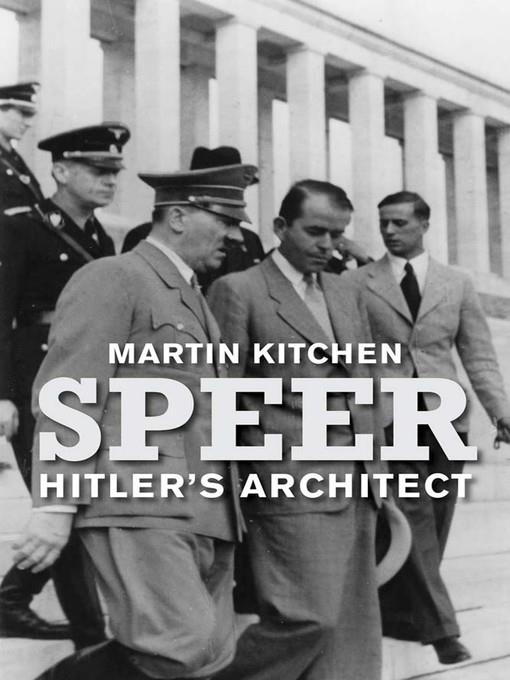
Speer
Hitler's Architect
کتاب های مرتبط
- اطلاعات
- نقد و بررسی
- دیدگاه کاربران
نقد و بررسی

September 15, 2015
Kitchen (Emeritus, History/Simon Fraser Univ.; The Third Reich: Charisma and Community, 2014, etc.) sets the record straight on Albert Speer's assertions of ignorance of the Final Solution and claims to being the "good Nazi." Speer came to the attention of Hitler in his capacity as an architect. If Hitler ever had any friends, Speer would have been his closest. At the end of this impressively researched book, the author hints at perhaps a closer relationship than friendship, not supported by fact but a good explanation for Speer's ability to manipulate Hitler. Speer gained power in the Nazi machine by dealing directly with Hitler, bypassing the usual procedures. His peevish whining invariably accomplished his goal, and since Hitler believed his skewed and doctored statistics, he quickly climbed to the top. As minister of armaments, he did increase output, but his base line was a period when Germany thought the war would be short and production had been cut. Colleagues in the Nazi hierarchy detested his self-determination policy and profitable arrangement with industry. The biggest question about Speer has been his knowledge of the use of concentration camp inmates in industry and wartime production. Kitchen shows incontrovertibly that Speer not only knew of the practice, but was the greatest user of prisoners, many of whom were worked to death. Occasionally, the book gets bogged down in statistics and details of production, both real and invented, and the coverage of Speer's trial is tedious. After his 20-year prison term, Speer completely rebuilt his image, carefully subverting the damning wartime chronicle kept by his longtime friend. As at Nuremburg, he admitted overall responsibility, but Kitchen puts it perfectly: "his guilt-like a figure in a Greek tragedy-was guiltless." Kitchen ably portrays a hollow, cold, bourgeois man totally lacking in morals or scruples-exactly the type that made National Socialism possible and could do so again.
COPYRIGHT(2015) Kirkus Reviews, ALL RIGHTS RESERVED.

























دیدگاه کاربران